GRESB – Updates zu TCFD und SFDR
Am 1. April wurde das Assessment Portal für die Teilnahme am GRESB-Rating für das Jahr 2022 geöffnet.
Wie gewohnt müssen die Anträge für die GRESB Immobilien- und Infrastrukturbewertung bis zum 1. Juli 2022 eingereicht werden.
Hier können Sie den Zeitrahmen für die Gesamtbewertung einsehen.
In diesem Jahr sieht gibt es nur wenige Änderungen an der GRESB-Bewertung, aber es gibt zwei neue Produkte, die für unsere Kunden und den deutschen Markt relevant sind.
TCFD Alignment Report
Die TCFD (Taskforce for Climate Related Financial Disclosure, zu Deutsch: Arbeitsgruppe für klimaspezifische finanzielle Offenlegung) stellt ein Rahmenwerk dar, das Unternehmen, Banken und Investoren für ihre Berichterstattung bezüglich klimaspezifischer Risiken und Chancen eine Reihe von Empfehlungen an die Hand gibt.
Obwohl diese Empfehlungen zunächst fakultativ waren, werden sie jetzt in vielen Ländern (wie z. B. dem Vereinigten Königreich) rechtlich verbindlich, wodurch der Berichterstattung im Hinblick auf ESG und Klimaschutz im Einklang mit diesen Empfehlungen größere Bedeutung zukommt.
GRESB entwickelt derzeitig ein TCFD-Berichterstattungstool, um Unternehmen in ihren Bemühungen zu unterstützen, ihre TCFD-Informationen offenzulegen, indem sie ihre Daten aus der GRESB-Bewertung verwenden können.
Sie können hier auf der GRESB-Produktseite mehr darüber nachlesen.
SFDR-Berichterstattung
Die Sustainable Finance Disclosure Regulation (SFDR), die sog. Offenlegungsverordnung der EU stellt ein Transparenzgebot für Finanzmarktteilnehmer dar, welches sich auf wesentliche Kriterien in Ökologie, Sozialem und Unternehmensführung (ESG für Environmental, Social, and Governance) bezieht.
Die Verordnung, die am 10. März 2021 in Kraft trat, hat zur Folge, dass Finanzmarktteilnehmer nun auf ihrer Webseite, in vorvertraglichen Informationen und ihren Jahresberichten sowohl auf der Produkt- als auch auf der Unternehmensebene Risiken und Auswirkungen auf die Umwelt ausweisen müssen.
Diese Verordnung legt den folgenden Maßstab für die Einstufung von Fonds oder Produkten fest:
- „graue” oder nicht nachhaltige Produkte - Artikel 6
- „hellgrüne” oder ESG-Strategie-Produkte - Artikel 8
- „dunkelgrüne” oder Impact-Produkte - Artikel 9
Für „grüne” Fonds bestehen strikte Berichterstattungsgebote. Sie können hier in unserem Blog mehr darüber lesen.
GRESB macht sich die bestehende Dateninfrastruktur zu Nutze, um die SFDR-Berichterstattung einfacher, akkurater und nützlicher zu gestalten.
Indem GRESB für die SFDR-Berichterstattung herangezogen wird, können Ihre Daten leicht in wertvolle Geschäftseinblicke verwandelt werden, wenn Sie ebenfalls an der Hauptbewertung teilnehmen sollten. Sie können beispielsweise ihre Performance mit spezifischen Bezugssystemen vergleichen und die Optimierungspotenziale besser nachvollziehen.
In Anbetracht der vielen neuen Regelwerke und Offenlegungserfordernisse kann es beunruhigend sein, nicht recht zu wissen, ob Sie allen Anforderungen entsprechen. Wir sind hier, um Ihnen mit dem gesamten Prozess zu helfen, welcher sich von der GRESB-Bewertung bis hin zur ESG-Berichterstattung im Einklang mit allen Verordnungen und Normen erstreckt. Wenn Sie nach Unterstützung suchen, dann setzen Sie sich bitte mit unserem Team in Verbindung.









Head Office, Berlin,
Neue Grünstraße 17 | 18 Hof 1 | TRH 3
10179 Berlin
© ES EnviroSustain GmbH 2021




